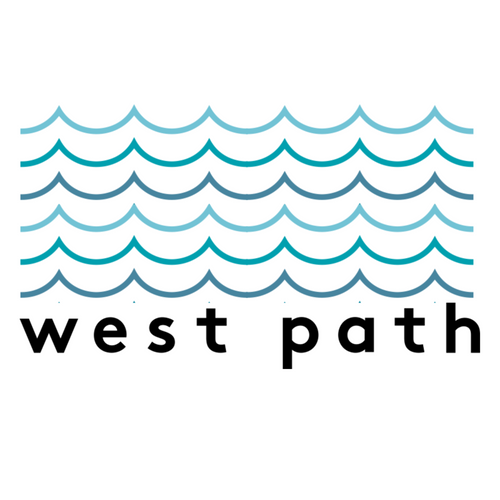How it Started

The good news is that since both my wife and I already had fulltime jobs, we were fortunate enough to not have to focus on the profitability portion too much; we truly made sustainability our founding bedrock principle.
Don’t get me wrong, the business still had to make enough to support itself and pay its own bills, but the main goal would always be creating an ethical business model and having a net positive impact on the world. If that didn’t work out, oh well, we had our jobs to fall back on --- the whole point was to feel good about what we were doing, so if we couldn’t live up to our principles, why do it at all?
So we started by making and selling handmade goods, since we knew these items would directly impact the small independent artisans who made them, and the profits wouldn’t’ be going to some big conglomerate or giant business. Our first minor success was with buying handwoven Mexican blankets and then sewing them into surfboard bags in our garage and loft. We had some good early feedback from a few customers and we quickly had demand for our bags outpace our ability to sew them after work.
Then, after a fateful surf trip down to Rosarito, Mexico, we decided to take a leap of faith and try and find artisans to sew the bags for us, and to create our own mini-supply chain. We ended up partnering with a church – we provided the materials, equipment, and know-how and would pay a generous wage for each bag, and they taught their congregants how to sew and let anyone who couldn’t find work try to make some extra money by creating our board bags. This had a huge impact on the church community, and it also grew our business tremendously-- it was beginning to be hard to view this as just a side hustle anymore.
We started scaling up this church partnership, and started sourcing products that were certified organic and certified fair trade (where a portion of our purchase price of the goods goes directly back to the workers who make the goods). We found factories to handmake new board bag styles in other countries, and started working with certified Nonprofits to give back at least 10% of our profits to charity each year.
A little bit of chance, a touch of grit, and a whole lot of stoke.
We started West Path with the simple idea that there is a better idea to do business. One where the primary focus wasn’t on profitability, but on the impacts the business had on the environment and the communities it was involved with.
We aimed to create something that not only fulfilled us with a sense of purpose, but also positively affected the environment and the people who helped create our goods. When we started, my wife and I were what we called “cube farmers” – people who spend a dutiful 8 hours a day in a cubicle staring at a computer monitor, so that one day we could become a manager and do the same thing for 10 hours a day.
Sure, our work paid the bills, but we just weren’t happy. Hence, the decision to start something with a purpose.
While we’ve grown quite a bit from our early days, the focus hasn’t changed. Our founding principles are like canon now, and we grade our employee’s yearly reviews on how well they live up to these ideals. While the church is now a much smaller part of our business, we still work with them as much as they like, and each year we go down to give Christmas presents to all the kids of the congregation. Coming from a family that couldn’t’ afford Christmas presents some years, I understood all too well the joy the kids had when they got presents they weren’t expecting. Their smiles and happiness alone makes this whole endeavor worth it.
So that’s our story – from corporate finance cube farmer, to Oceanside garage seamster, to social entrepreneur. Throughout the whole lifecycle, the focus on sustainability was what kept driving us forward. It got us through the late nights, kept us energized when we were frustrated, and made us focus on creating something with a purpose.
If it wasn’t for our focus on sustainability from the beginning, it never would have worked.
Thanks for reading, and thanks for supporting something with a purpose.
- Dustin
CEO and Co-founder of West Path
